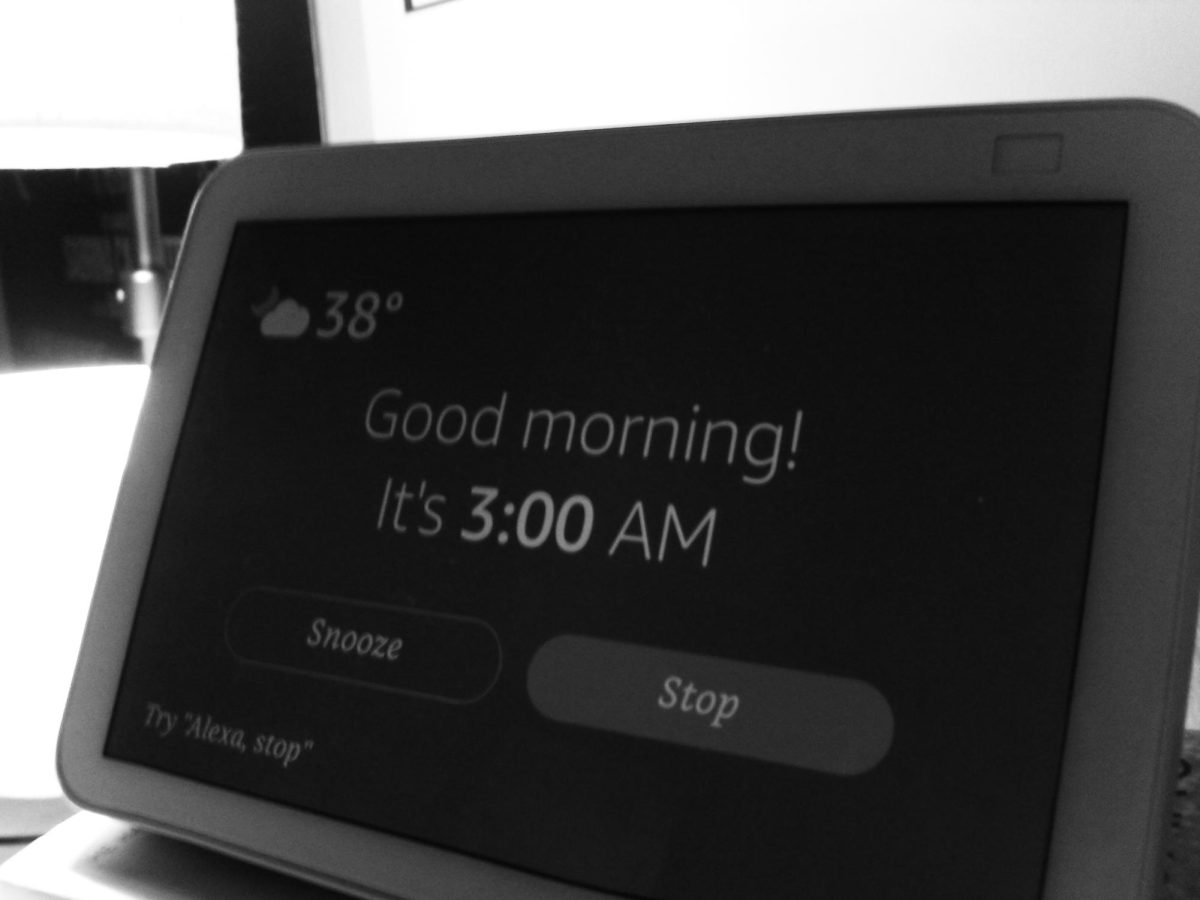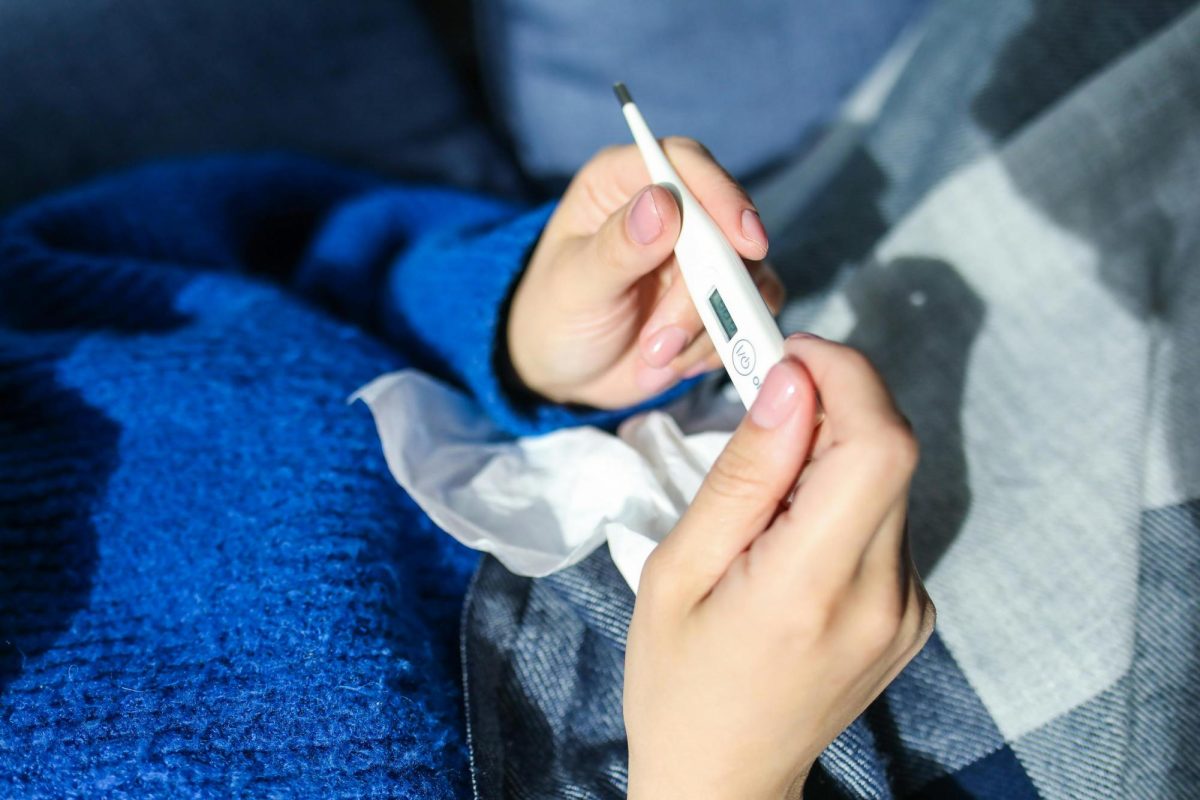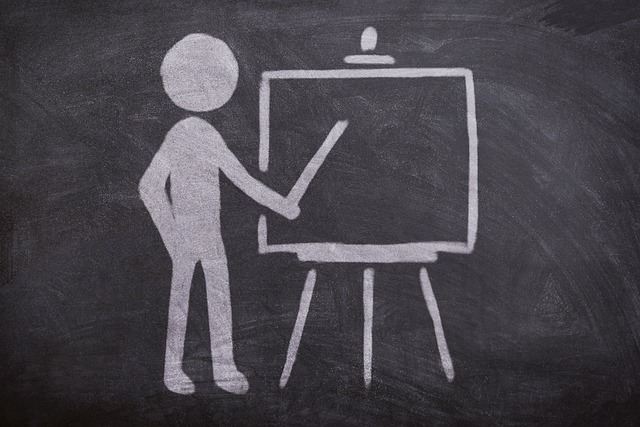A good night’s sleep plays an important role in student success
April 3, 2019
According to Child Mind Institute, a non-profit organization founded to aid the mental welfare of children, 60 to 70 percent of American teens live with borderline to severe sleep debt, the effect of not getting enough sleep. Sleep debt can lead to higher risks of heart disease, stroke, and memory loss.
According to the Harvard Health Page, sleep deprivation can cause lightheadedness, fuzzy feeling, inability to sit still, or trouble paying attention.
Some students at Monroe-Woodbury said they don’t get enough sleep and said it is affecting their academic performance.
Freshman, Olivia Theokas is in this situation. Theokas is in the drama club and is part of the LEAD Conference.
“If I had more time for sleep, I think that I would have much higher grades. It’s hard sometimes with all the homework we’re assigned,” said Theokas.
Theokas said that she would have a higher quality sleep if she was not so stressed.
At the high school, for instance, starting at 7:08 a.m. can play a factor in student’s lack of sleep. School ends at 1:58 p.m., however, many students get home much later due to after school activities such as clubs or sports. Students participating in these activities could end up staying till 5 p.m., get home after then, and still have homework to finish.
Sophomore, Emily Proscia is a swimmer and generally sleeps for five-and-a-half hours, typically from midnight to 5:30 a.m.
“I fall asleep in class all the time because I’m so tired. I wish school started later,” said Proscia.
According to a Stanford Medical School article, most students do not get the recommended amount of sleep, which leads to poorer performance in school. Students are not able to pay attention and focus in class, leading to a lower performance in schoolwork. Sleep deprivation only intensifies these effects.
“How does a student wake up at five, go to school, go to work, then do homework? Some kids in this school are doing more work than their parents,” said teacher Ms. Kostelnik.
According to the US National Library of Medicines website, a lack of sleep can also lead to emotional and behavioral problems such as ADHD, attention-deficit hyperactivity disorder.





































